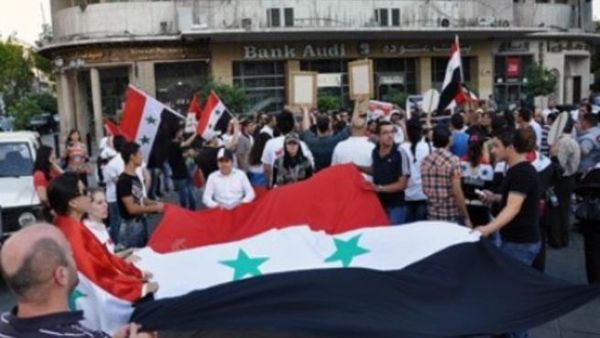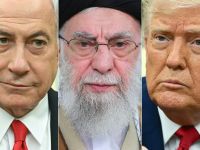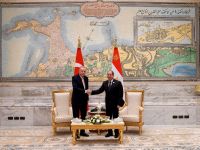Washington believes that the Syrian regime was "losing control", stressing the urgency of a political transition to "avoid a long and bloody civil war." This came after three top security officials at the forefront of the suppressing efforts of the revolt were killed Wednesday in Damascus in a spectacular attack.
King Abdullah II of Jordan, for his part, believed that the attack on Wednesday was "a terrible blow" to the regime of President Bashar al-Assad. The Jordanian monarch also expressed concern that Al-Qaeda takes advantage of the chaos in Syria to seize the arsenal of chemical arms of the Syrian army, saying that the Syrian president has "the last chance to avoid a civil war "in his country. He made these comments in an interview Tuesday night on CNN.
The attack, which struck the first ministers since the beginning of the revolt in March 2011, was claimed by the Free Syrian Army, who announced the day before "the battle for the liberation of Damascus ", where clashes were still reported Wednesday night.
Unlike previous attacks in Syria, no picture has been broadcast by official media. "The Deputy Defence Minister, General Assef Shawkat, was killed in (a) terrorist attack that targeted the building of National Security in Damascus," said state television.
Ultra-protected, this building located in downtown Damascus, was home Wednesday for a meeting of senior security officials. The Defence Minister, General Daoud Rajha, and General Hassan Turkmani, head of the crisis unit set up to quell the revolt, were also killed, according to the channel.
The attack also injured the Interior Minister Mohammad Ibrahim al-Shaar, and the national security chief, Hisham Ikhtiar, a source within the security services conveyed.
There were conflicting reports about the modus operandi of the attack. At first, a security source said the bodyguard of a participant in the meeting had detonated his explosive belt. A second spoke of a briefcase full of explosives brought by a bodyguard who managed to leave the room and then to activate the bomb.
The announcement of the attack was hailed in several rebel strongholds. The FSA claimed that it was "the first of a series of major operations to bring down Assad and all the pillars and symbols of the regime".
The rebels reiterated that those "who do not have blood on their hands" had until late July to defect.
The Syrian Observatory for Human Rights (SOHR), the death of General Shawkat is a "severe blow to the regime because he assumed the leading role in the operations to crush the revolution." "The regime is now as dangerous as a wounded wolf," responded the Muslim Brotherhood, an influential component of the opposition.
On the ground, the army has pounded parts of Qaboune and Barzé in Damascus, and helicopters strafed those of Jobar, Hajar al-Aswad and Kafar Sousse. Fighting between rebels and army continued in the neighborhoods of Midane and Kafar Sousse.
Violence across the country killed at least 118 dead, including 48 civilians, 18 rebels, 52 soldiers and three senior officials in Damascus, according to SOHR. Seventeen people died in Damascus.







